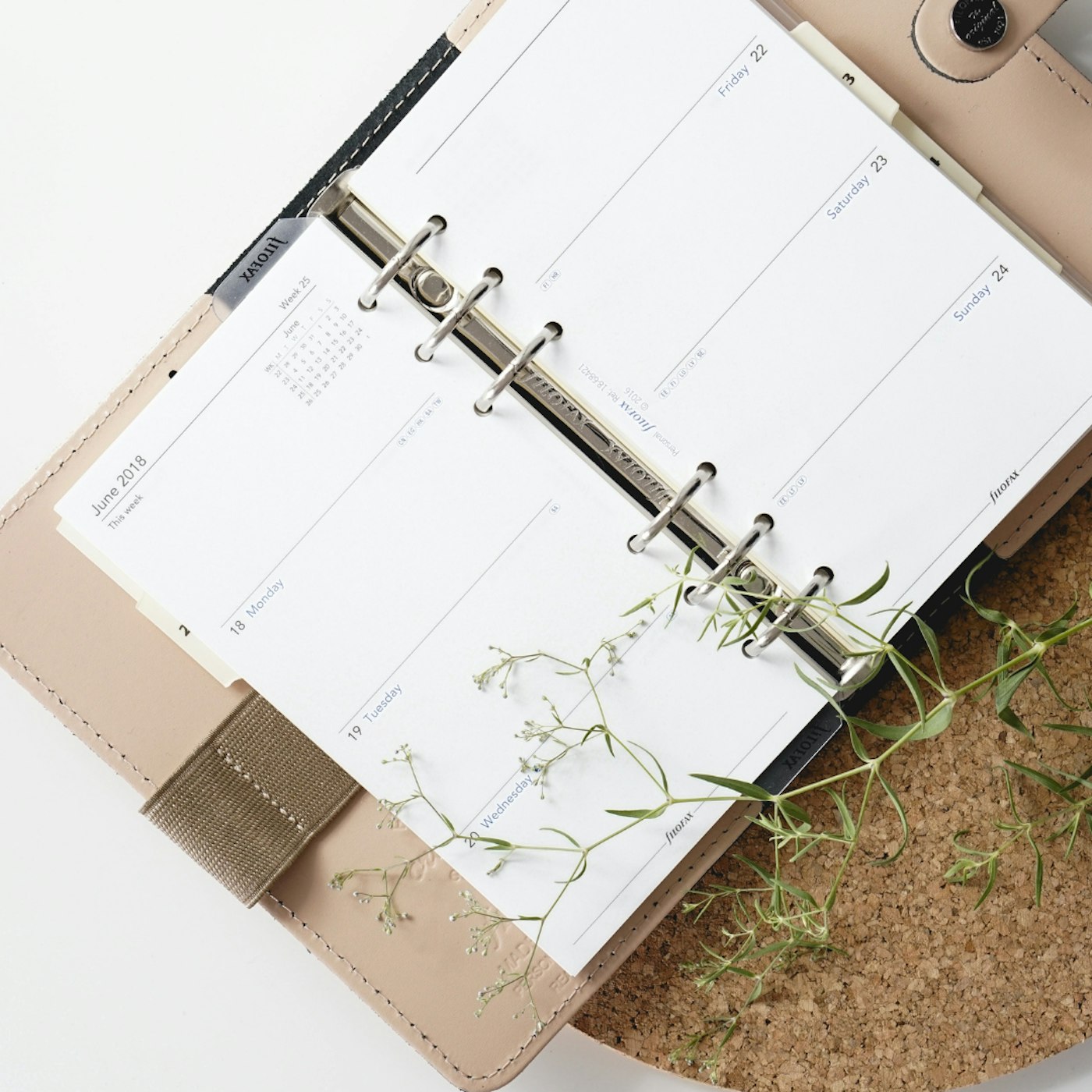Make the Most of Dhul Qa’dah, the 11th Month of the Islamic Year
by Amaliah Team in Soul on 13th June, 2022

Dhul Qa’dah is the 11th month of the Islamic (lunar) calendar and one of the four sacred months mentioned in the Qur’an and hadith:
“Indeed, the number of months with Allāh is twelve [lunar] months in the register of Allāh [from] the day He created the heavens and the earth; of these, four are sacred. That is the correct religion [i.e., way], so do not wrong yourselves during them.” [Qur’an 9:36]
The Prophet ﷺ said, “Time has come back to its original state which it had when Allah created the Heavens and the Earth; the year is twelve months, four of which are sacred. Three of them are in succession: Dhul-Qa’dah, Dhul-Hijjah and Al-Muharram, and (the fourth being) Rajab Mudar (named after the tribe of Mudar as they used to respect this month) which stands between Jumad (ath-thani) and Sha’ban.” [Bukhari]
There are four notable events which took place in the month of Dhul Qa’dah during the time of the Prophet ﷺ:
- The Battle of the Trench (5 AH): This is also known as the Battle of Khandaq and started during the month of Dhul Qa’dah. Some tribes in Makkah joined forces in an attempt to defeat Prophet Muhammad (ﷺ) and his followers in Madina. The Makkans had about 10,000 men while the Muslims had 3,000. One of the sahaba, Salman al-Farsi (RA), suggested that the Muslims dig a trench, and his suggestion was supported by the Prophet (ﷺ). The trench obstructed the battle plan of the Makkans as well as their trade routes and reputations leading them to concede to the Muslims.
- The Treaty of Hudaybiyyah (6 AH): This was agreement between Madina, represented by the Prophet ﷺ and the Quraish tribe of Makkah in the month of Dhul Qa’dah. The aim of the treaty was to resolve the conflict between the two cities and included a 10-year peace clause allowing the Muslims to come back to Makkah in following years for Umrah.
- The first Umrah (7 AH): Part of the agreement of the Treaty of Hudaybiyyah was permission for Muslims to perform the pilgrimage the following year. Therefore, in 7 AH, The Prophet ﷺ and his companions performed the first Umrah to Makkah.
- Hajj became obligatory (8 AH): After the Treaty of Hudaybiyyah, Allah made it mandatory for Muslims to complete Hajj once in their lifetime as the fifth pillar of Islam.
Ibn Abbas (RA) said, ‘In all (twelve) months, Allah then chose four out of these months and made them sacred, emphasising their sanctity, making sinning in them greater, in addition to multiplying the rewards of righteous deeds during them’. [Tafseer Ibn Kathir]
How can you make the most of the increased rewards in this month:
- Fast on Mondays and Thursdays: The Prophet ﷺ said, “Deeds are shown (to Allah) on Mondays and Thursdays, and I like my deeds to be shown when I am fasting.” [At-Tirmidhi]
- Fast on the white days (13th, 14th and 15th of the month): Abu Dharr (RA) said, ‘The Messenger of Allah ﷺ said to me: “If you fast any part of the month, then fast the thirteenth, fourteenth and fifteenth.”’ [At-Tirmidhi]
- Don’t hurt others. Make Dhul Qa’dah your month of mending relationships at home, work or on social media. Spread peace and choose silence over violence.
- Strive to recite more Qur’an as good deeds weigh heavier. The Prophet ﷺ said, “Whoever recites a letter from the Book of Allah, he will receive one good deed as ten good deeds like it. I do not say that Alif Lam Mim is one letter, but rather Alif is a letter, Lam is a letter, and Mim is a letter.” [Tirmidhi]
- Let your tongue be moist with istighfar and other forms of adhkar (remembrance of Allah). The Prophet (ﷺ) said, “Two words are beloved to the Most Merciful. They are light on the tongue but heavy on the scale: Subhan Allah wa-bi hamdihi, Subhan Allah Al-`Azim (Glory and praise to Allah, and glory to Allah the Almighty.)” [Sahih Bukhari]
References
Amaliah Team
This article was written by a member of the Amaliah team or a collective team effort. You can follow us on @amaliah_tweets for the latest or head over to our Instagram @amaliah_com. If you're reading this and are thinking about contributing an article then send us an email with a brief or a full article to contribute@amaliah.com